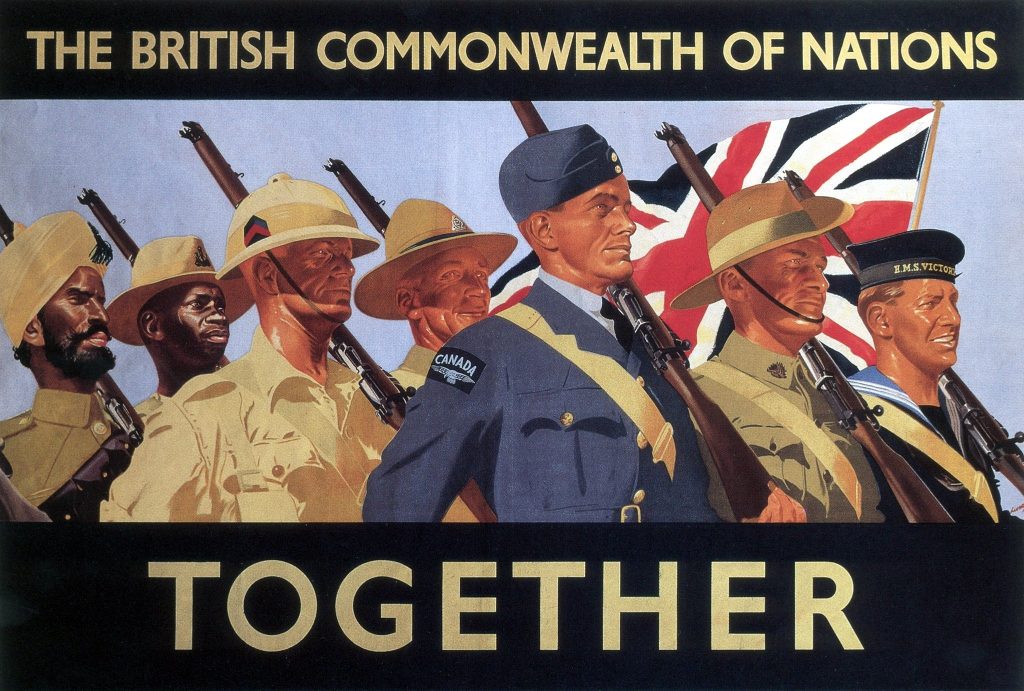
Written by Thomas Stephens.
British boys’ authors writing during the First World War embraced the conflict as a new arena for their fictional heroes. Stories about the war were at a premium from 1914 onwards, and many authors also took the opportunity to use their publications to mobilise youth to help in the war effort. Those writing about the war for boys got information about the conflict using information from a combination of newspapers, official propaganda, personal knowledge, rumour, and imagination. In 1914 and 1915, a flood of stories focusing on the conflict appeared in boys’ literature. But by 1916, many story papers such as the Boys’ Own Paper, Magnet, and Boys’ Friend returned to primarily running humorous public-school stories or colonial adventures. These topics gave readers an escape from the sombre matter of industrialised warfare. Wartime inflation and loss of staff also made returning to easily reprintable stories a sensible idea. Many novels and some adventure serials, like Chums, continued to feature narratives about the front throughout the conflict.
Leave a Comment
